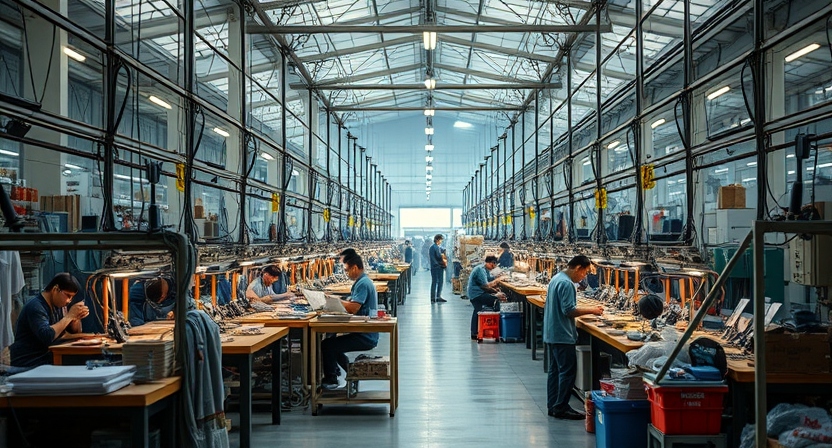- About Us
- Legal Services
- Family Law
- Property
- Marriage
- Immigration
- Contact
- Payments
The example we will use here to show the process of setting up a small furniture factory is easy to understand. Speak to our license lawyer about a license for your factory. This is a Type 2 factory what need notification to the Department of Industrial Works. So Furnitec is a hypothetical Type 2 factory specializing in small furniture manufacturing. Lets look at the setup process for Furnitec. See the example we made of a Type 3 factory license on here.

There are three types of factories in Thailand. This example is one of a Type 2 factory.
Type 1 factory is a small operations with minimal impact; do not require a factory license. We made two examples on here. You can read how they had been setup. There is the license for a handmade jewelry factory as well as the license for a handmade soap factory. The Type 1 factory does not need an actual license as it has minimal impact on the environment however must follow certain rules.
Type 2 factory is the one we have here. We have another article on a license for a bread factory on this website. This type of factory is a medium-sized operation with a moderate impact. This type of factory requires registration but less stringent approvals.
Type 3 factory is a more complex factory. The Type 3 Factory, we have two examples on here as well. The first is the license for auto parts manufacture factory and another as a license for a food processor factory. These factories need extensive approvals, license as well as permits. Normally they are large-scale operations or those with significant potential impact.
Factory Profile
• Business Name: Woodcrafters Assembly Co., Ltd.
• Factory Type: Type 2 (Medium risk, requiring registration and compliance)
• Location: Nakhon Pathom, within a designated light industrial zone.
• Size: 1,200 square meters (including assembly area, storage, and office space)
• Employees: about 25 workers
• Products: The assembly of dining tables, chairs, bookshelves, as well as cabinets.
Target Market: Mainly the local retailers and regional furniture stores.
The information contained in our website is for general information purposes only and does not constitute legal advices. For further information, please contact us.
